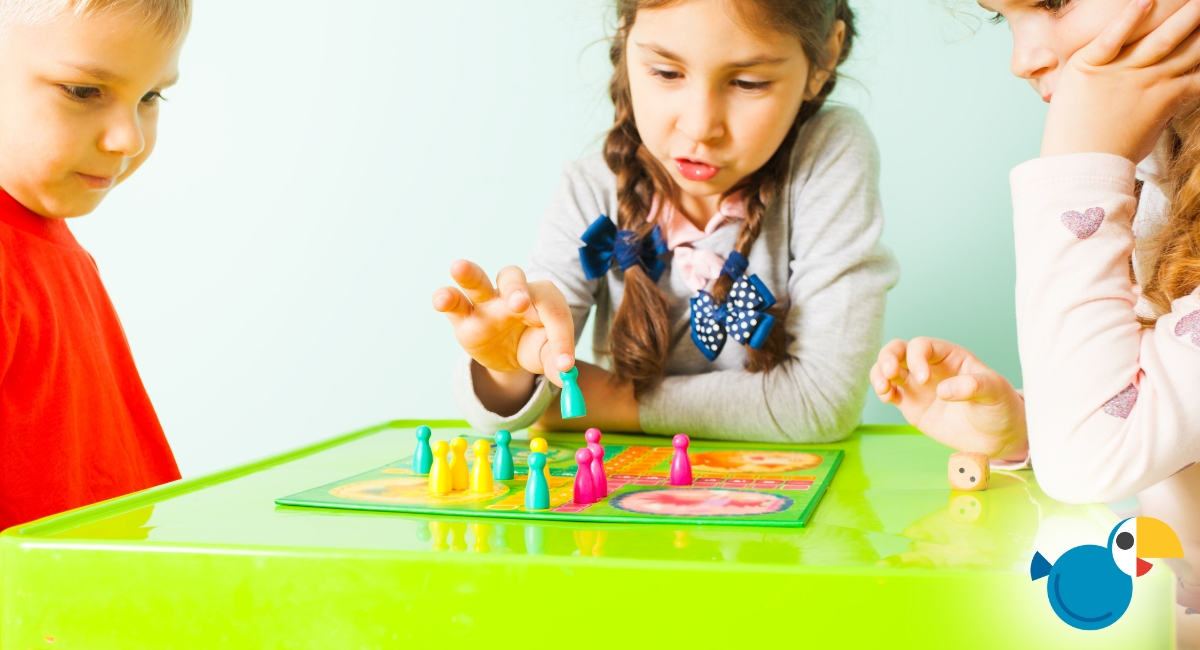Building Social Skills: One Step to School Readiness
As parents and caregivers, we all want our children to succeed in school. While we often focus on academic skills like reading and math, it's important not to overlook the importance of social skills in preparing our children for success. One of the most critical social skills for school readiness is the ability to share and play well with others.
What is school readiness?
Kids are usually five years old when they start kindergarten, but being ready for kindergarten isn't just about age. It's about having strong relationships with caregivers and positive environments to learn starting from the time a baby is born. Families, caregivers, and communities all have a job to do in helping kids grow up healthy and ready for school.
There are many aspects to being “School Ready” and parents and caregivers can begin preparing children from the day they are born through positive interactions, simple conversations, and play. 80% of brain development happens in the first three years of a child’s life so it’s never too early to begin talking, reading, singing, counting, and playing to boost brain development.

Why are social skills so important?
Imagine a classroom where children struggle to take turns, share toys, or cooperate with their peers. It's clear that difficulties with social interactions can not only disrupt the learning environment but also impact a child's overall well-being and academic success. On the other hand, children who are adept at sharing and playing well with others tend to have smoother transitions into the classroom setting, build stronger relationships with classmates, and excel academically. So, how can we as parents and caregivers help our children develop these essential social skills?
Tips and Tricks:
- Model Positive Behavior: Children learn by example, so be sure to model positive social behaviors in your own interactions with others. Use phrases like "Can I have a turn, please?" or "Would you like to play with this toy together?"
- Practice Turn-Taking: Incorporate games and activities that require taking turns, such as board games, building with blocks, or playing with a ball. Encourage your child to wait patiently for their turn and praise them for their efforts.
- Set Clear Expectations: Establish clear rules and expectations for sharing and taking turns, and consistently reinforce them. Use simple language to explain why sharing is important and how it helps everyone have fun together.
- Use Positive Reinforcement: Praise your child's efforts when they share or play well with others. Positive reinforcement can go a long way in reinforcing desired behaviors and building confidence.
- Encourage Empathy: Help your child develop empathy by discussing how their actions impact others' feelings. Encourage them to consider how they would feel if someone didn't share with them and how sharing can make others happy.
- Smooth Sibling Interactions: Foster positive interactions between siblings by creating opportunities for cooperation and teamwork. Encourage them to work together on tasks or projects and praise their efforts when they collaborate successfully.
Remember, building social skills takes time and lots of practice. Be patient with your child as they learn and grow, and offer support and encouragement along the way. And if you're looking for additional resources and support, consider reaching out to Triple P for guidance on promoting smoother social interactions between siblings and friends. Together, we can help your child thrive socially and academically as they embark on their educational journey.
© 2025 Hello Family. All Rights Reserved|
Privacy | Cookies |
Site by ALINE, A Marketing Company
